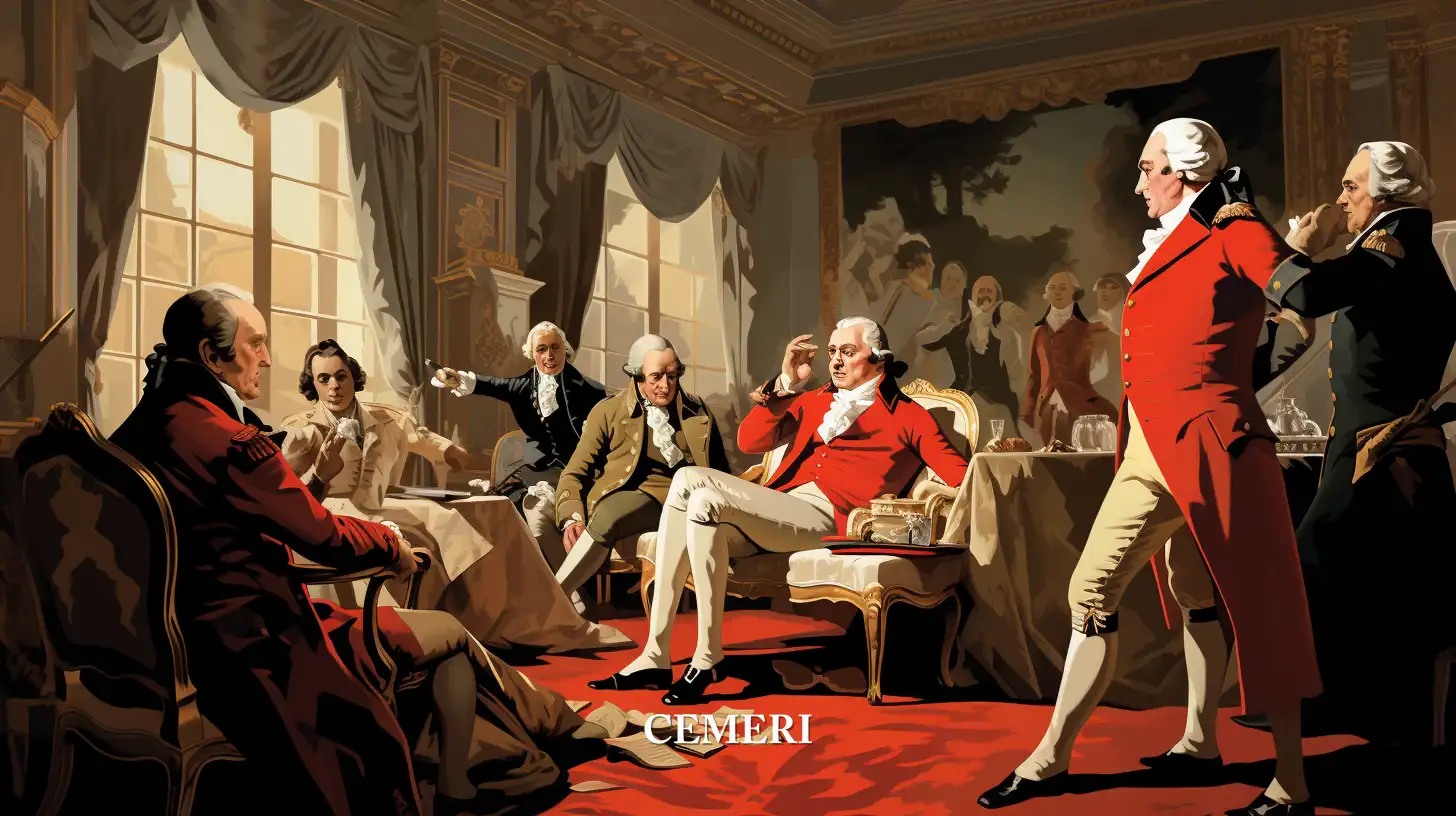Encyclopedia
What was the Congress of Vienna?
- The Congress of Vienna is situated in a historical context where several European regions experienced territorial conflicts and both social and political changes.

The Congress of Vienna is situated in a historical context where various European regions experienced territorial conflicts and both social and political changes that had been stimulated by events such as the French Revolution, the Napoleonic era as well as the Austrian-Prussian war. That is why, between October 1, 1814 and June 9, 1815, the Congress of Vienna was created in order to agree on "a balance of power between the most powerful states, politically, militarily and economically". (Eastman 2006, 149)
The formation of a congress, by the union of forces and interests of the Austrian Empire, the United Kingdom, the Kingdom of Prussia and the Russian Empire, is due to the impression of French influence on the European map that unleashes, since 1792, a series of coalitions against it where they sought to prevent a dominant State in the continent. Therefore, the negotiations held in the Austrian capital have the purpose of defining the territories, recognizing the need for alliances and the different geopolitical interests; For example, one of the central issues was the recognition of 38 sovereign states (formerly part of the Holy Roman Empire), in addition to the restructuring of Germany and Poland, affected by the annexation of border points close to France.

Source: CCH academic portal (2017)
However, in order to achieve an effective relationship with France, it was sought to include other delegations to establish common positions, that is, meeting points that, signed in a protocol, make present signatory countries of the Paris Treaty such as Denmark, the Netherlands , Switzerland, Portugal and Sweden. That was a pertinent movement motivated, to a great extent, by Carlos Mauricio de Talleyrand, as representative of affairs between nations of France, who cited the public law by which it is encouraged to include said countries in decision-making and following the purpose of counterbalancing the emerging powers of the powers of the time.
Implications
Specifically, the European framework, after the defeat of Napoleon's empire, preaches an air of change, driven by the German Confederation between the Kingdom of Prussia, the Russian Empire and the Austrian Empire together with the United Kingdom, where it is taken as the first measure limiting the borders of France to reconstruct the regional map. The foregoing, in order to enter into negotiations and compromises in the Congress of Vienna, taking into account a new organization capable of avoiding the overlapping of sovereignties, according to the doctrine of monarchical legitimism. (Pi-Suñer et al. 2011, 29)
As a result, the containment of any liberal or revolutionary outbreak was expected, in addition it was intended to preserve the monarchical system, together with the affiliation to the clergy, through the so-called Holy Alliance, in order to reconquer their former possessions not only in strategic points Europeans, but also in America (Almanza, 2012). Consequently, the world witnessed the growing concern to regulate routes and borders, in this case of hydrographic basins, expanding the legal frameworks for the use of the main European rivers: the Rhine and the Danube.
This attracts a new dynamic in international relations that will have repercussions not only in future conflicts on a global scale, but also in the establishment of diplomatic parameters, that is, the creation of an international law that stipulates and regulates the actors that carry out negotiations between States. . Likewise, a precedent is set for international cooperation tools and organizations, placing peace as the center, and laying the foundations for the Treaty of Versailles and the League of Nations (1919).
Sources
-

